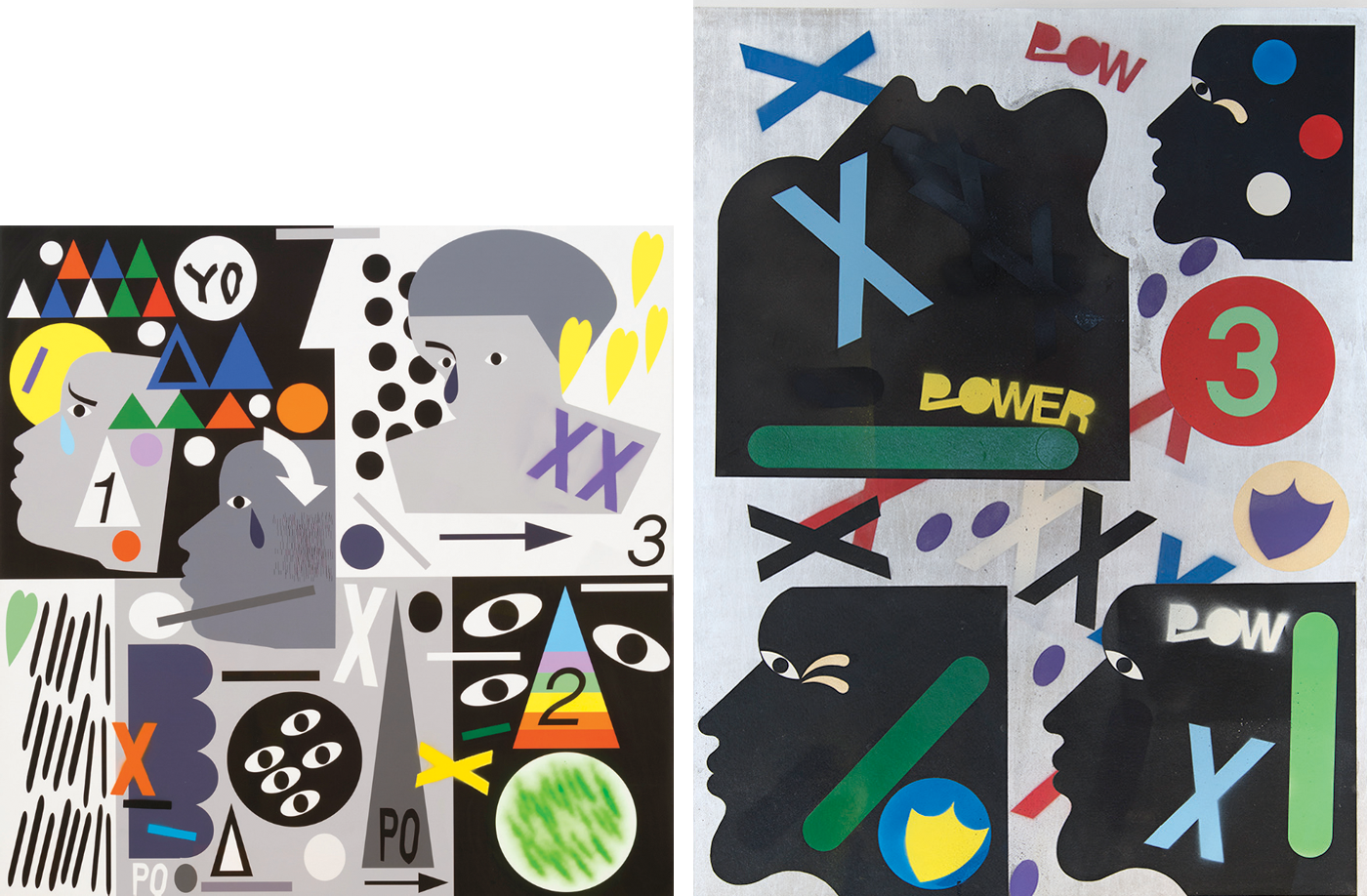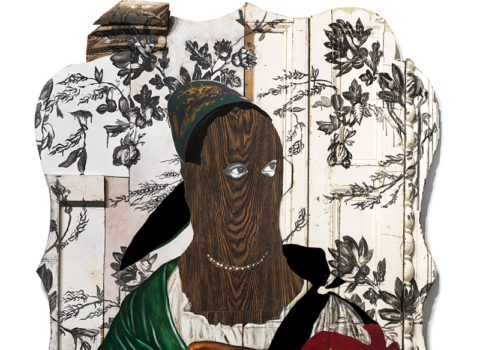Tongo Eisen-Martin’s poems are echo chambers of vernaculars and unofficial languages. He both registers the damage caused by systemic racism and evinces—and by his work extends—the rich modes of resistance that rise up to meet it. His is a poetry of total commitment that never becomes merely programmatic and instead stretches the possibilities of meaning to the far edge of sense, where they become music. “I wake up on a battlefield and also looking down from the crystal of a wind chime”: Eisen-Martin writes at once out of practical struggle and a sense of wonder, insisting by his example that one demands the other. A longtime political organizer, including against mass incarceration, he can pithily capture the inhumanity of the capitalist present: “I can hear hate / And teach hate / And call tools by people names / And name people dead to themselves.” But simply naming alienation will not suffice; this poet refuses to be dead to himself. He will not surrender his imagination to the logic he opposes: “I have to fall in love in here too, you know.” Like few other contemporary writers, Eisen-Martin can “play the piano against itself”—wrest from a thoroughly commercialized and militarized language new chords, new possibilities of musical and social combination. His work pays homage to a constellation of influential predecessors—Audre Lorde, Gil Scott-Heron, Roque Dalton—but he sounds like no one else. I am grateful for the openness and outrage of these poems. As he writes, “It’s not the type of season for backing down.”
Eisen-Martin is the author of Someone’s Dead Already (Bootstrap Press) and Heaven Is All Goodbyes (City Lights), which was a finalist for the Griffin Prize and won the American Book Award and the California Book Award. He lives in San Francisco. These poems are from an untitled work in progress.—Ben Lerner
THE SUBURBS ARE FINALLY OFFENDED
Like normal-speed bullets changing a normal life
Europe serves two masters
Maybe two hundred thousand
Here comes the state and its love poems again
Pond gangsters, postcard music, and the death mask that fits millions
The global South for children, alcoholics in search of history books, and the home away from police insecurities
Take the isolation as it comes now … the heartbeat with a handrail … the bad day in California
“A painful season/
Seasons gone sentient
and well-dressed
taken as a whole
and
taken as a whole, I mean jailers no harm”
–a science fiction
A crisis of open-air corrections
My conscience is clean
The police pantry is well-stocked/ “society time,” they say
The poems are done/ neatly stacked on top of my infant body
Sleeping through my first imperialist summer
Activists who don’t scream Black Power/ rather Black Component
I wake up on a battlefield and also looking down from the crystal of a wind chime
Your comrade,
Named
“When is the last time you ducked a bully?”
To which I gave a reply and was assigned karma
Drum patterns and drum patterns perceived
I walk back to the United States in defeat

Untitled (Yo 123) and Untitled, by Nina Chanel Abney, whose exhibition Royal Flush is currently on view at the California African American Museum and the Institute of Contemporary Art, Los Angeles. Left: © The artist. Private collection. Courtesy the Nasher Museum of Art at Duke University. Right: © The artist. Courtesy Jack Shainman Gallery, New York City
FRONT MAN
I play the piano against itself now
Three smiles instead of two ears and such
Anything blue can become a train
I am not a storyteller– The piano gets no description
I make a ton of limbs into one glass rim
Ease into the centimeters of history and hurried paranoia
My bedroom door laid exit-side down on the street
I lay my old gangster movies down next to it
I’m sure there is a hearable color in her eye
I am not a storyteller/ she will never be a ghost
Watching it rain
On people who are a charming plain
In conversations that are like
perfectly good cars abandoned
I reach for the record and not the prop gun
you can take me back now
now this decade is going normal
Like listening to Nina Simone later in life
or
Similar to a deity walking down from a mountain
I was a child on drugs
I met a girl
All apartments seemed to soften
Judging by the music, I must park cars for a living
Let me tune my instrument to the collapsible C
Let me cut off my finger
Before I scratch my arm
She smiles at her drink
A lifetime is over
Chaos in my superstition
I go bring my old gangster movies
back into the house
THREE PARTIES LATER, FIVE MINUTES HAVE PASSED
I have to fall in love in here too, you know
sew a mouth onto my mouth
Walk around the voices in security guards’ heads (Not carefully)
Wonder who would join a fascist party (Who would join a fascist party and do the best job that they could?)
My bone structure smeared all over this moving human concentration
I am happy, but strangely insignificant to most souls
You know what the clown wants? The respect of the ant.
I remember you/
The posture you introduced to that fence
The fence you introduced to political theory
I can hear hate
And teach hate
And call tools by people names
And name people dead to themselves
I can paint then paint well
the plaster playing me like a shotgun beat into the shape of a saxophone
My skill versus a hundred skills
a minstrel bridge becomes post-industrial
then post-sensory
not well-painted, but still a feature of a wedding
No priests between you and your high opinion of yourself
It’s not the type of season for backing down/ You have to see your ancestors in broad daylight
I want to see all of the phases of a wall
Every age it goes through
Its humanity
Its environmental racism
I am a beggar and all of this day is too easy/ flashing back to a high-school teacher/ talking to me/ like I’ve ever listened to jazz music on the day someone got killed
Delicate bullets in a box next to the cup of pocket change.
I make these bullets look relevant, don’t I?
I am not tired of these rooms; just tired of the world that gives them a relativity
Language was mine to lay at your feet
We passed each other cigarettes and watched cops win
“Baby, what happens when you step outside the country’s bedroom?”
Dancing with my debts in front of my children. Throwing around tinsel bullet casings
claiming that they were born on warrant paper
Keep it on the canvas
and not the distance between the hand and the canvas
Crawl to the piano seat and make a blanket for your cell
Crawl to the piano seat and make your crime scene match the original
“I will always remember you in fancy clothes,” my wife said
so here I sit … twisting in silk ideation
Saw a daughter in my dreams
Or maybe I’m seeing her right now
What else am I to call a musician’s walk home?
There I was playing cards with
unimportant people/Two coins tied
around my neck
Such is the score … A plan for more art
Gallons of violence against
one person in particular
Inventing a new kind of sleep
On my feet or/ On a bed in a junkyard
Underpass in my pocket
because I am a deity.
Between stitches of barstool mania, I did what I had to do to survive better musicians than me.
For these audiences
I project myself into a ghostlike state
For these gangsters, I do the same








































































































